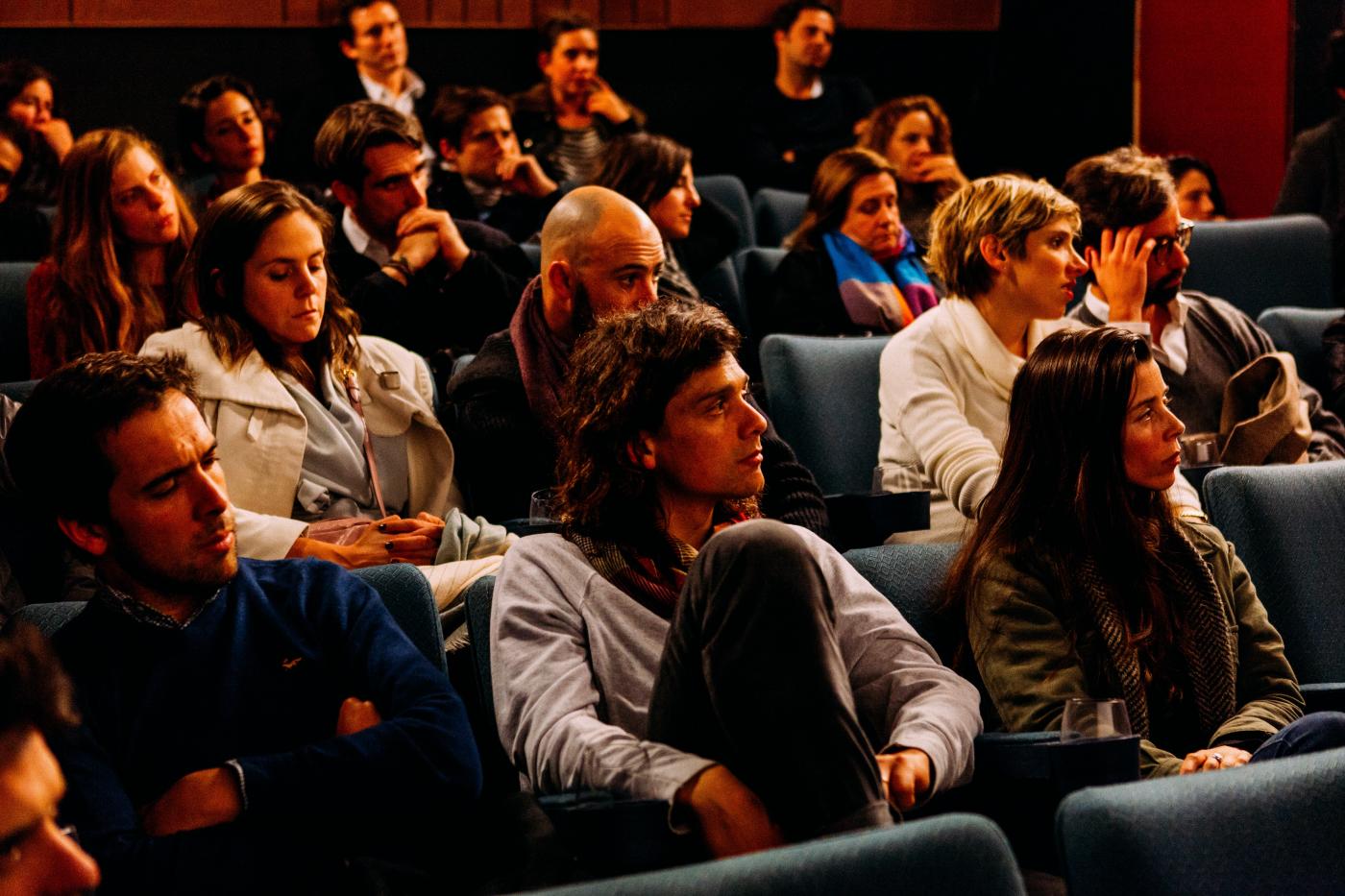Helen's debut
Hey ChatGPT, how do I deal with jealousy?

Before we had banking apps, it was impossible to imagine opening a bank account in five minutes from your couch. Now, my three Dutch bank apps fight for space on my ageing iPhone, always knowing I can replace them at a moment’s notice. I have not stepped foot into a bank since I signed my student loan almost two years ago, and my life is better for it — albeit only slightly.
Let’s say that before banking went digital, the average person spent 18 hours a year standing in bank queues. Thanks to apps, I have reallocated those hours to more important things. Just last year, in 18 hours I climbed a mountain in Spain, created a laundry organisation system to pair up lost socks, and untangled key childhood trauma in therapy. Those things have all dramatically changed my life.
Without conveniences like apps, I might have missed out on some of those life-altering experiences—although I have a convincing argument against convenience, that monologue is for another column.
When we are in the middle of an era, it is almost impossible to imagine the next one, even though it is guaranteed. ChatGPT is here now, but I do not want to discuss its ‘woke bias’ or potential for misuse, rather, I am interested in the hole it could leave behind. What will students do with their time if they do not write essays? How, and what, will teachers teach if they are not guiding students through them?
On the sunny island in my mind populated by disco bears in pink berets, the gap gives birth to emotional education. Universities could expand their responsibilities to include the actual well-being of their students, which means helping them learn about themselves. We would no longer have to pretend that parents somehow know how to pass down emotional intelligence (a flawed logic when we do not even trust them to impart other basic knowledge like reading, writing and how not to set yourself on fire) and treat this aspect of human learning as appropriately fundamental.
Emotional literacy could become a course available at every place of learning. Imagine that.
You could learn about why a break-up triggers fears of abandonment and how to ask for the right type of comfort from your friends. Maybe there is a course on how to understand stress better so that when you cannot find a seat in the library after walking around for 22 minutes you no longer have the strong and undeniable urge to cry. Perhaps you sit in on a class where it really sinks in that there is no magical combination of belongings and accomplishments that would make you happy but walking your dog will.
Some say emotional intelligence is not a university's business, but why not? When Yale University introduced a course on well-being by happiness expert Dr Laurie Santos, almost 25 percent of students signed up for the first semester. It is now the most popular class in the university’s history.
ChatGPT is not going to wave a wand and cure students of binge drinking or our inability to be bored. But it does have the potential to reshape our education system as a whole, creating a new glitch in the system—what comes next?